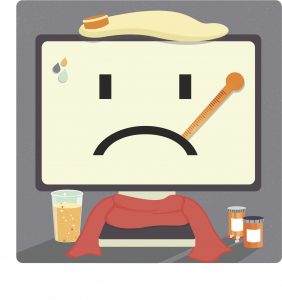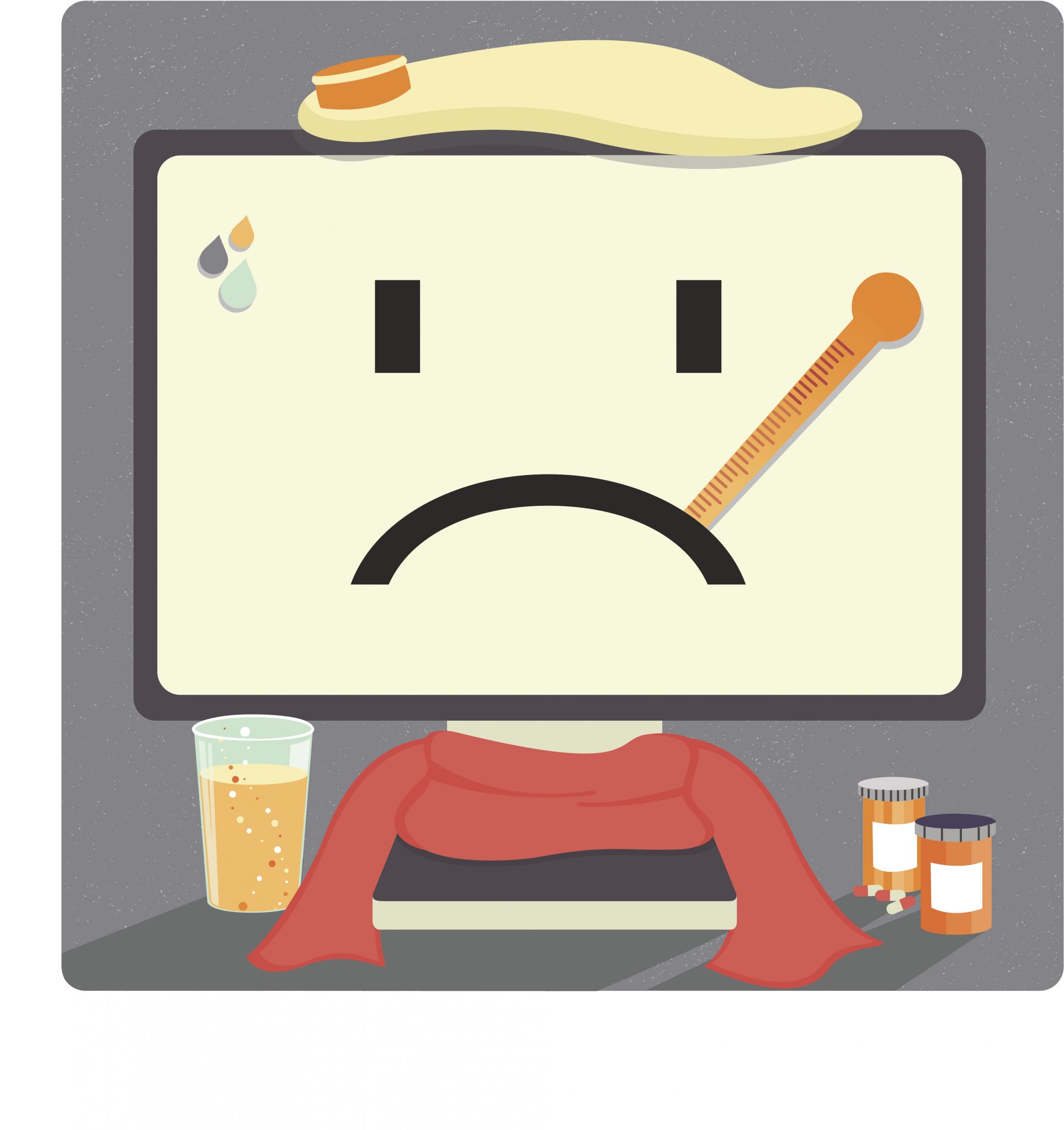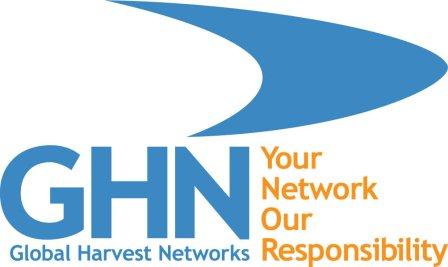
Eventually, your hard drive will fail and you will need to invest in a new one. But how do you know if your drive might be on its last leg?
In today’s world, nearly everything is computerized. Even our telephones have become hi-tech computerized devices. When technology works with us, it makes a lot of things much easier. However, computers are not infallible, and they don’t last forever. Eventually, your hard drive will fail and you will need to invest in a new one. But how do you know if your drive might be on its last leg? Here are a few of the signs.
Bad Sectors
Think of your hard drive as a bag full of balloons. After a while, the balloons will start to no longer be able to hold helium. The sectors of your hard drive are the balloons, and the deflated ones are the bad sectors that can no longer store data. Bad sectors aren’t always immediately noticeable unless you know what to look out for. If you notice that your computer is crashing frequently, it may mean that you need a new hard drive.
The Mysterious Ticking Noise
Sometimes when a hard drive is failing, it makes a clicking noise. It’s not very loud, but if you’re in a quiet environment you will be able to hear it. When you hear that noise, you will want to back up whatever data you can immediately, but be aware that some may already be lost. The “click of death” happens when your hard drive is trying to write data but can’t because of a bad sector, so it moves on to another sector. The movement is what causes the clicking. Other noises you may hear, such as screeching or grinding, are signs that another part of your hardware is failing and should be looked at by a professional.
IT Solutions and Network Protection from Global Harvest Networks
Global Harvest Networks has been working for the Washington D.C., Maryland, and Virginia areas since 2000 and we’re ready to lend our expertise to you! We offer a wide range of IT solutions that can tackle any and all of your network’s needs. Please don’t hesitate to contact us so that we can help you! You can also give us a call at 410-691-1130. We’re ready to assess your system, diagnose the problem, and help you find a plan that will strengthen your network all free of charge! For more information on the latest things you should protect your system from, follow us on Facebook, Twitter, Google+, LinkedIn, and YouTube.


